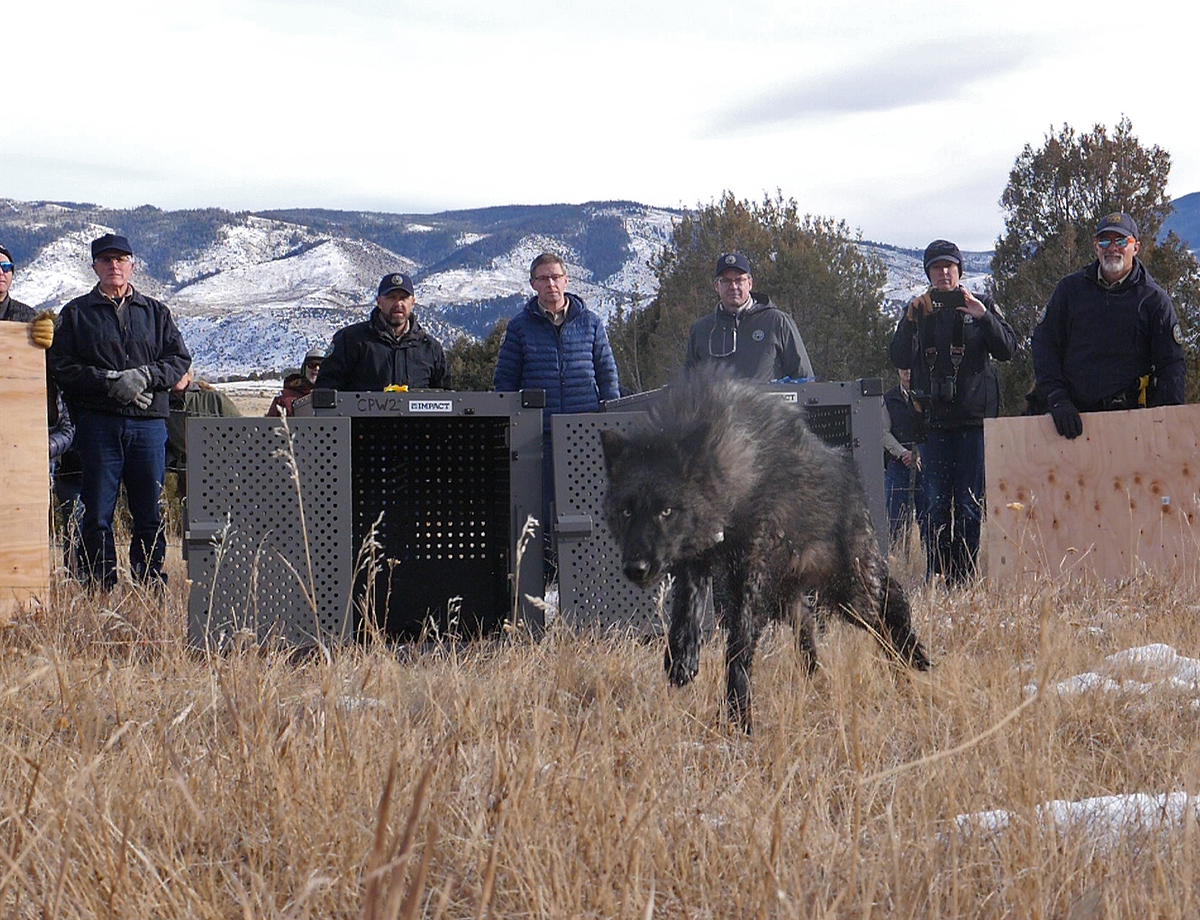

This is a transcript of Eric's story.
Reporter Eric Whitney: Medicaid is free or low-cost health coverage for people who qualify for it. But in its 48-year history, just being poor hasn’t been enough to qualify. In Colorado, Medicaid has generally been available only to children and pregnant women, the disabled, and some elderly people. Even destitute, homeless people haven’t qualified.
Now, that’s changing.
People like Tish Barber, a mother of three from Olathe, and her husband will get Medicaid.
Tish Barber: My husband Brandon works for Big O Tires, and I take care of our family. Our family budget is stretched pretty thin, and we simply cannot afford private health insurance.
Reporter: Their family income is $31,000 a year. Barber testified at the bill’s introduction in the Senate earlier this month.
Barber: Luckily, neither of us have been sick, but neither of us have been to a doctor for a physical since high school, and we’re not able to take the kinds of preventative health measures we probably should to keep ourselves healthy and strong. If we ever seriously got sick, I don’t know how we would pay for it.
Reporter: The Medicaid expansion will extend health coverage to anyone making less than about $15,000 a year, or about $37,000 for a family of five like Barber’s. The state health department says only about a third of Coloradans in this income category are offered health insurance through their jobs. Buying a family policy on their own would cost a family about $15,000 a year.
The first three years of Medicaid expansion are paid for by the federal government, under the healthcare overhaul known as Obamacare. It then pays a little less every year, but never less than 90% of the cost for the new population getting benefits. But Republicans like State Representative Frank McNulty of Highlands Ranch, say providing health insurance for working people isn’t the government’s job. He says the expansion threatens to bankrupt the entire safety net system.
Frank McNulty: I can’t in my mind connect the dots between expanding state sponsored health care to a population that can and should rightfully care for themselves, and in doing so put at risk health care for disabled Coloradans, health care for children in Colorado, and put at risk health care for our older Coloradans.
Reporter: Proponents of expanding Medicaid say that the state can afford it.
Charlie Brown: It actually saves the state money to go for full expansion.
Reporter: That’s economist Charlie Brown. His analysis for the pro-expansion Colorado Health Foundation found expanding Medicaid will save the state about $10 million a year through 2026, even though it will add more than 300,000 people to the state’s Medicaid rolls.
That’s possible, Brown says, because of the help that’s coming from the federal government.
Brown: The big checks coming from Washington is by far and away the biggest part of the benefit.
Reporter: Republicans generally hate the idea of the federal government writing big checks, and nationwide, 26 states have indicated they won’t expand their Medicaid programs. In Colorado, every Republican lawmaker voted against expansion. Every Republican but one. Larry Crowder is a first term Senator from the San Luis Valley.
Larry Crowder: And I will tell you that I was opposed to Obamacare. But since it’s here, we need to move from this point forward and see how we can make this work.
Reporter: Senator Crowder says so many of his constituents are uninsured that most of the hospitals in his district are on the verge of going broke. That’s because they provide health care for people who have no way of paying their bills.
Crowder: Just the sheer fact of four out of my seven hospitals being in trouble dictates to me that I have to support it.
Reporter: Colorado hospitals in general back Medicaid expansion because it will mean fewer customers without the ability to pay. And that’s why the state’s business interests have backed the bill as well. Travis Berry lobbies for the Colorado Competitive Council, a coalition of chambers of commerce and employers. He says businesses pay the majority of insurance premiums in the state, and those rates keep going up, in part because hospitals pass on the cost of their unpaid bills to customers who have insurance.
Travis Berry: This is a way where everybody in the community is paying for it, rather than just those employers that offer insurance to their employees.
Reporter: There was no organized opposition to the Medicaid expansion bill it at its four public hearings in legislative committees.
Now that it’s passed, Governor John Hickenlooper is expected to sign it into law, and the first newly-eligible Medicaid recipients should start getting benefits next year.
CPR's health reporting is funded in part by the Colorado Health Foundation.









